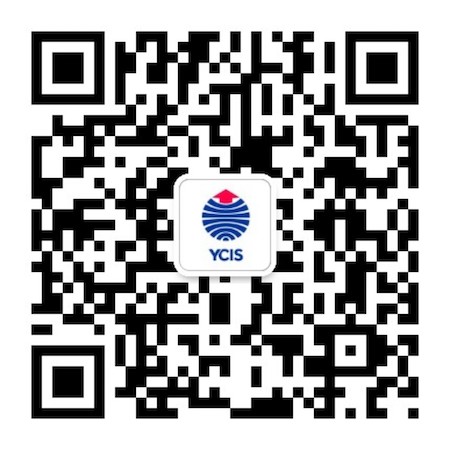Go Back
News
School News
Why Accreditation is Vital for Education
School News
10 Jun, 2022
10 : 00
Since 1932, Yew Chung Yew Wah (YCYW) has grown from a quaint early years classroom in Hong Kong and transformed into a modern international education system guiding the path for global citizens and servant leaders.
YCIS Shanghai opened in 1993 as the first independent international school in Shanghai. For nearly thirty years, we have grown immensely to hold a student body of more than 2,500 students in Pudong and Puxi.
Since 2005, YCIS Shanghai has been a fully-accredited school recognised by global institutions such as the prestigious Council of International Schools (CIS), formed in 1949 in Leiden, The Netherlands. Currently, only six schools in Shanghai are CIS accredited, while many are still working towards this international benchmark. YCIS Shanghai was also the first and only school in China to have received the Cambridge Award for Excellence in Education, hold accreditation from the New England Association of Schools and Colleges (NEASC), as well as being accredited to offer the IGCSE and IBDP courses.
Dr Christopher Hurley, YCIS Puxi Director of Teaching and Learning explains why, as educators, it is in our best interest that schools are accredited,
“During the CIS accreditation process, every aspect of school operations is examined and discussed by internal and external teams to ensure we provide the finest quality learning experiences and environments for our students and staff.” Dr Hurley adds, “YCIS Shanghai is committed to providing the best international and high-quality learning communities and surroundings for our students. Maintaining our accreditation with CIS and NEASC ensures that we continue to meet and exceed international standards.”
CIS is a membership community established to shape international education by combining professional services, higher education institutions, and industry experts. All member establishments have a shared vision of maintaining the highest education standards and safeguarding children. Although schools and universities may become members of CIS, with a community of 1300 member schools across 123 countries, less than half of these schools, including YCIS, are granted CIS accreditation.
To become accredited, schools must go through rigorous evaluation against internationally-agreed standards and a peer-based review process that engages experienced and knowledgeable professionals from schools globally to evaluate, provide feedback on, and support the school’s programmes and development.
The most demanding phase in the 5-year review process is the self-study which lasts approximately two years and is evaluated by an external team of education experts from different parts of the world. The important aspect of the self-study is that it involves all members of the community through working teams, interviews, and surveys. During the self-study, schools must look meticulously at their:
- Guiding Statements (Mission, Principles and Practices)
- Curriculum and Assessment (Teaching and Learning)
- Governance and management
- Staff
- Student support services
- Resources and,
- Student and community life
YCIS Pudong Year 6 Leader, Co-teacher & CIS Accreditation Coordinator Mr Robert Cooke remarks, “Students benefit from the CIS accreditation on so many levels. The main drivers of CIS accreditation are learning, global citizenship, well-being, and purpose and direction. Through surveys and student interviews, the school can locate the areas which students feel require refinement, and the whole school works to ensure these changes happen. Examples such as the YCIS C.A.R.E.S. model, an expanded Cross-Curricular Activity (CCA) schedule, and improvements to the Wellbeing programme are three among many advancements that the CIS accreditation has helped bring about.”
Dr Hurley adds to Mr Cooke's thoughts by saying, “Leading universities around the globe are members of CIS and can recognise the substantial benefits of being a part of the CIS community.”
In addition, the training that CIS offers us as a school allows faculty to deep dive into areas such as global citizenship, wellness, careers and university guidance and child protection. As a school, we make it a priority to have staff attend these workshops for professional development and, as a result, create a tremendous impact on our students.
At YCIS Shanghai, we can see and feel the value of CIS accreditation and how it has helped add to our programmes in class, on the field, and beyond. The recognition from CIS reaffirms our aim to provide one of the most progressive international education programmes in China. In addition to belonging to CIS, NEASC, IBDP, and IGCSE communities, we continue to follow our ultimate objective of enabling graduates to gain the ability to succeed in an ever-changing, globalised world.










